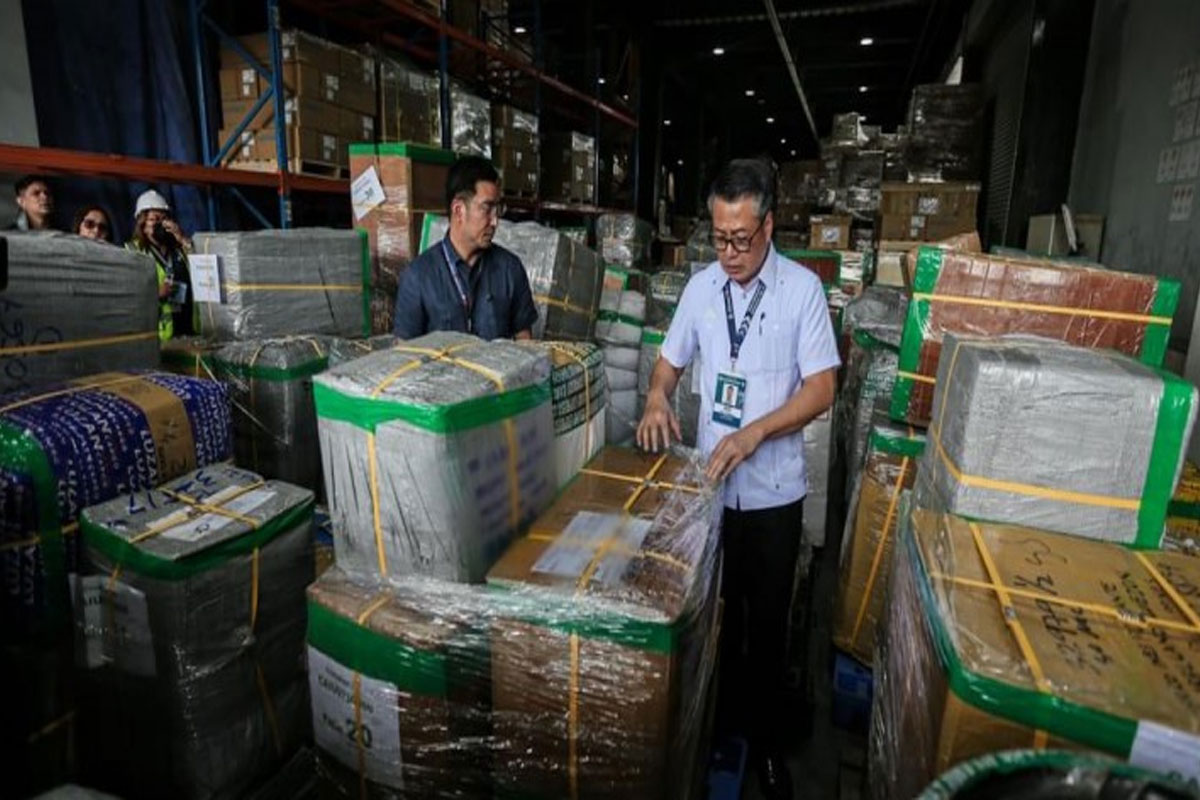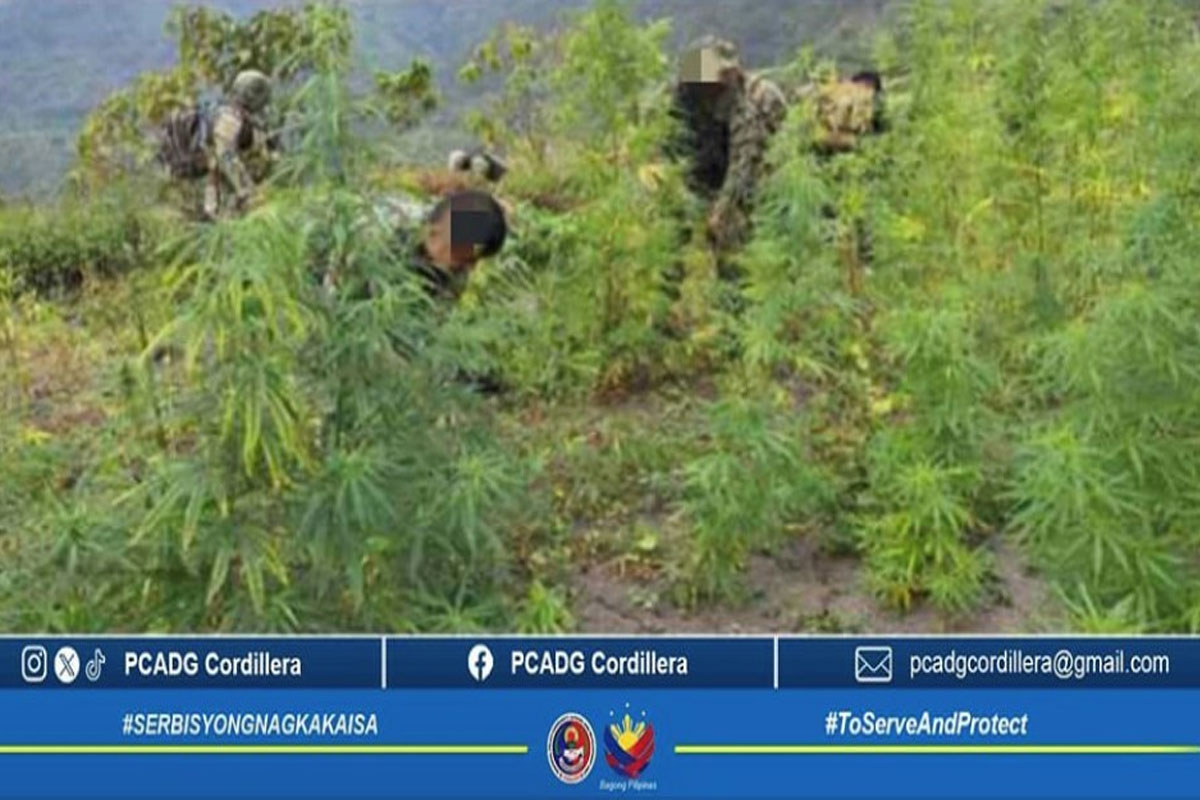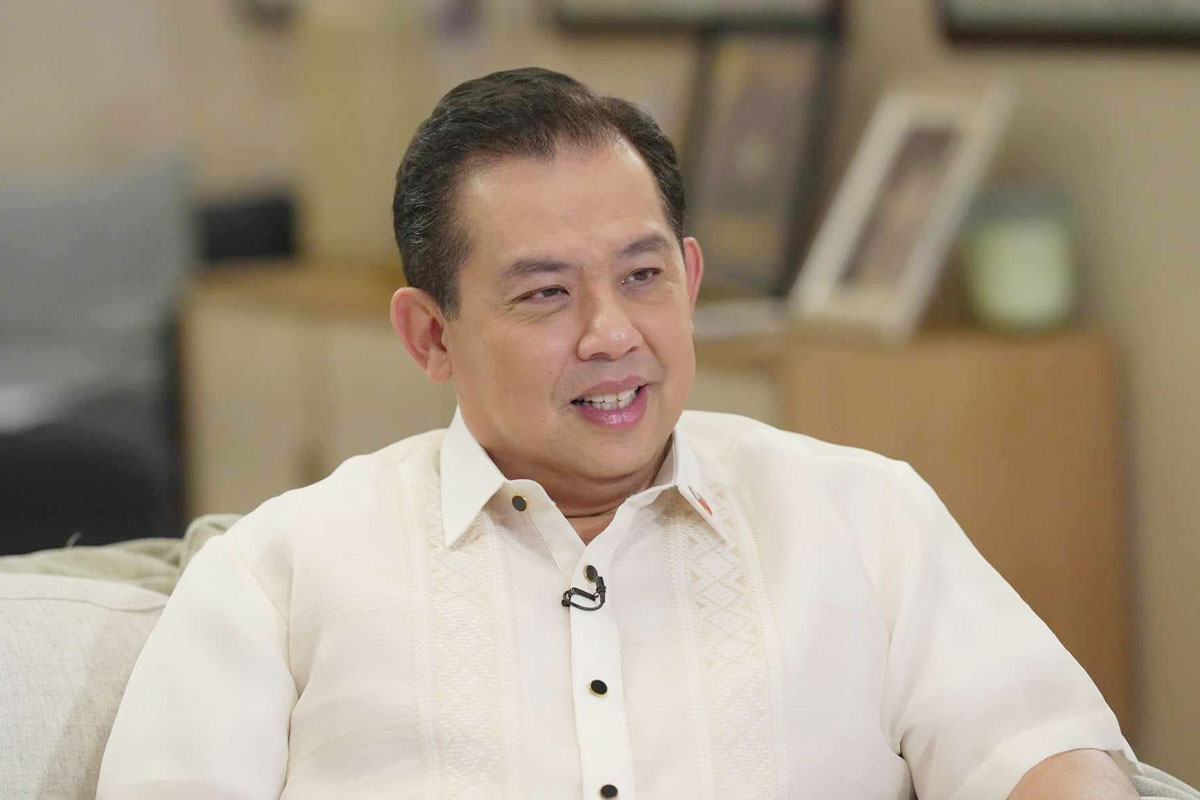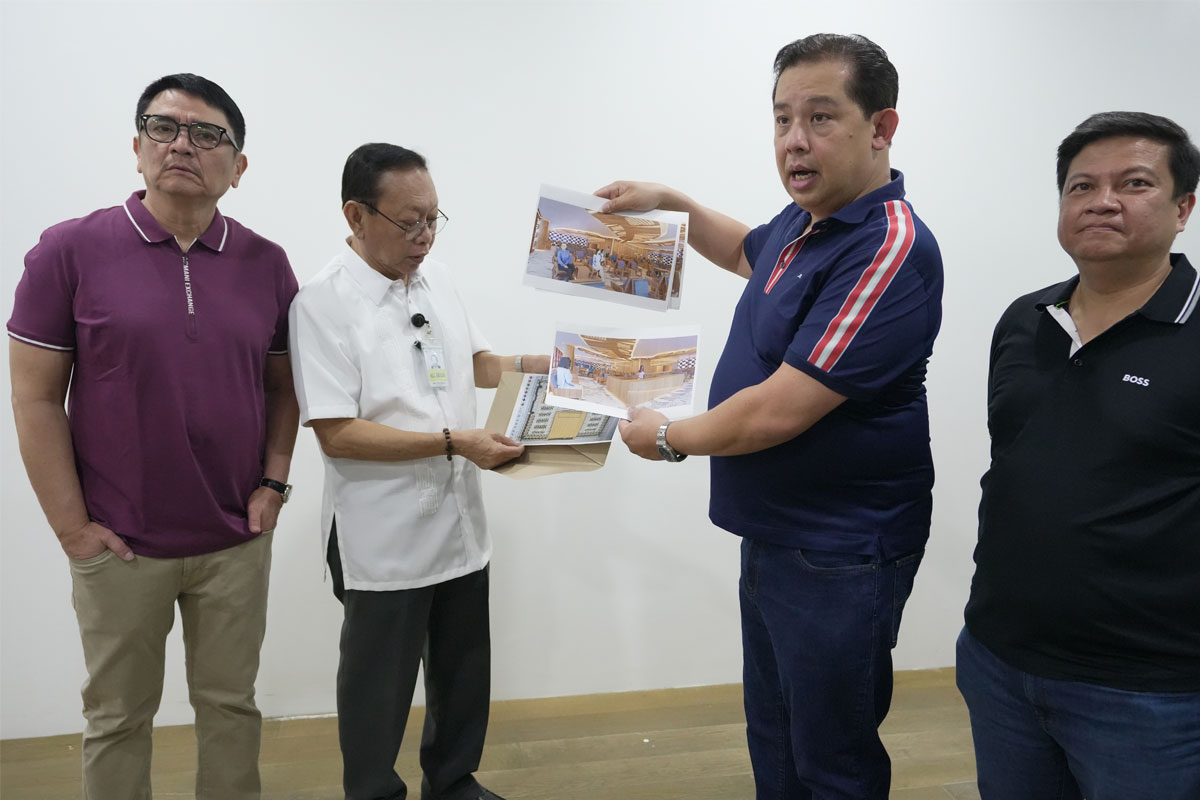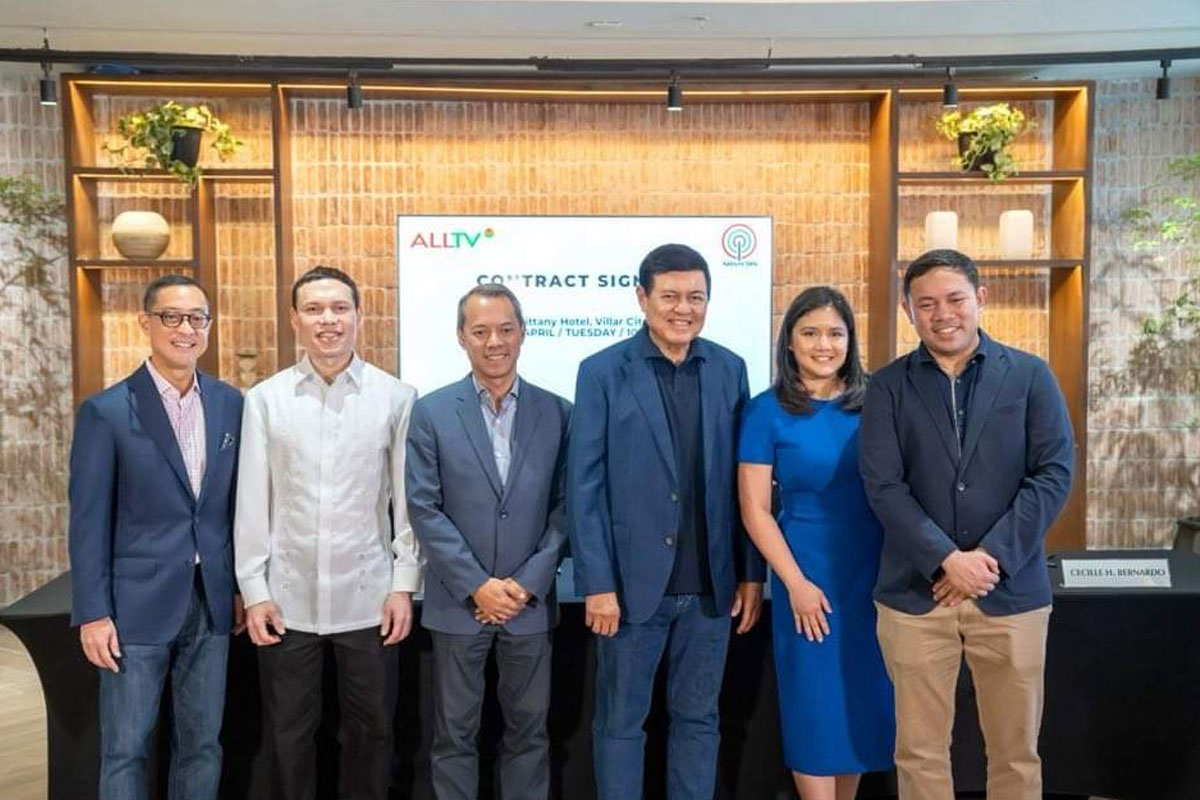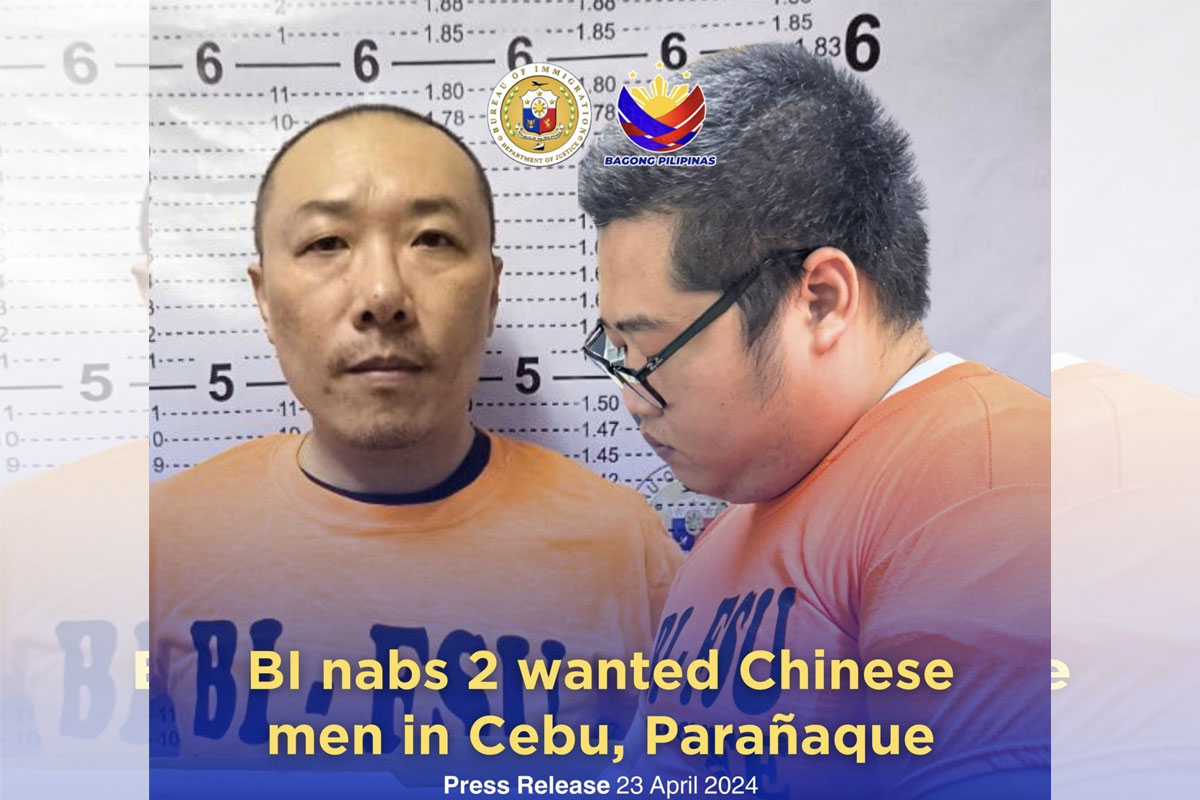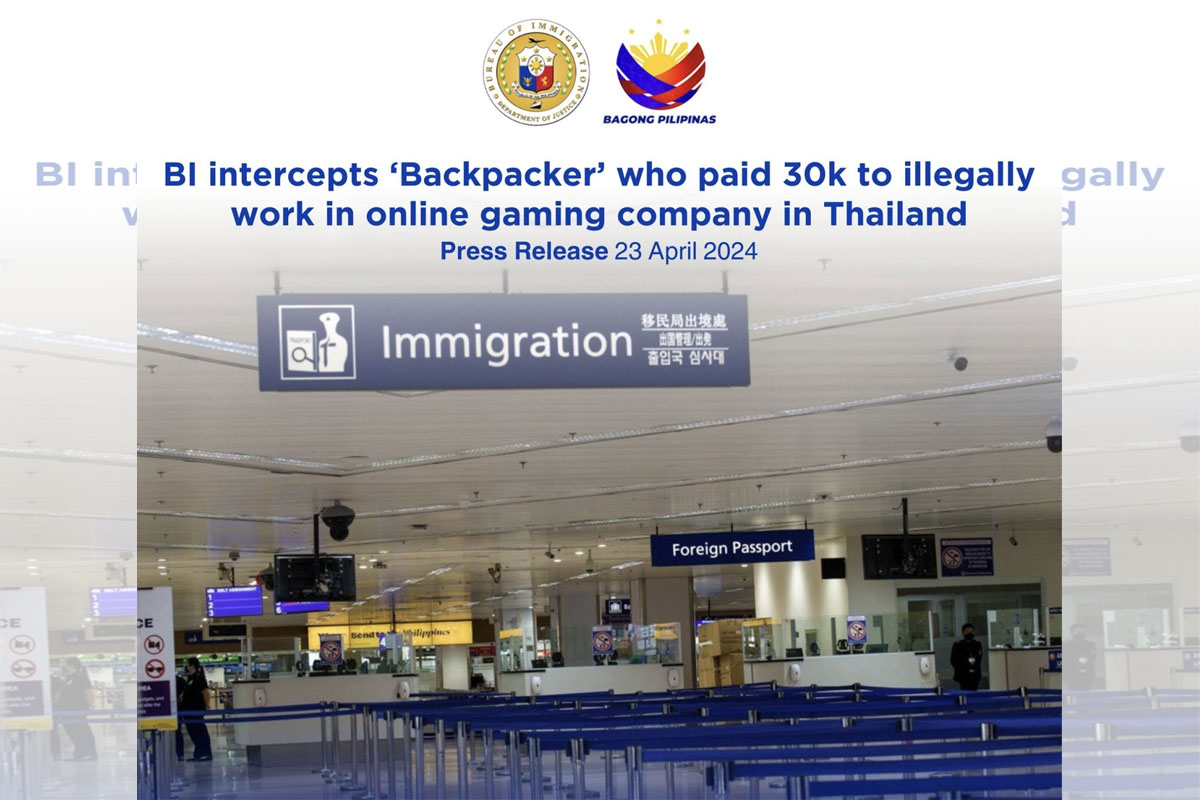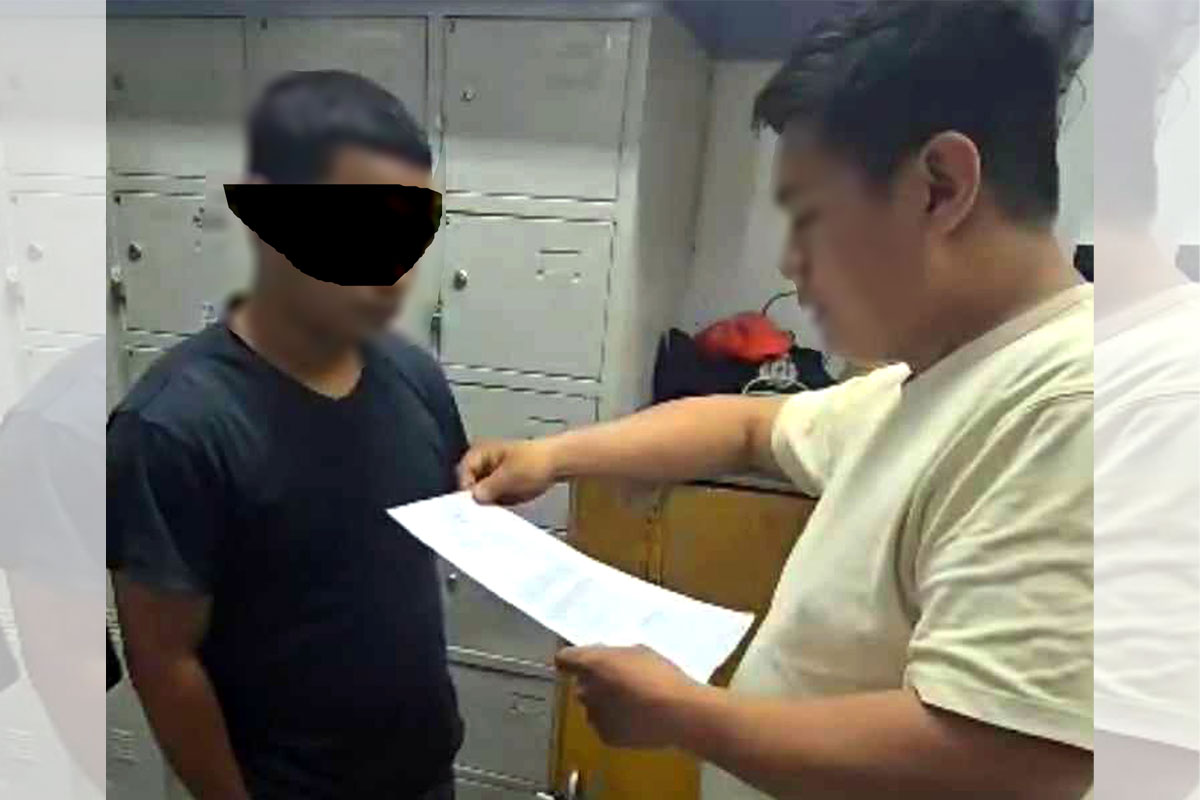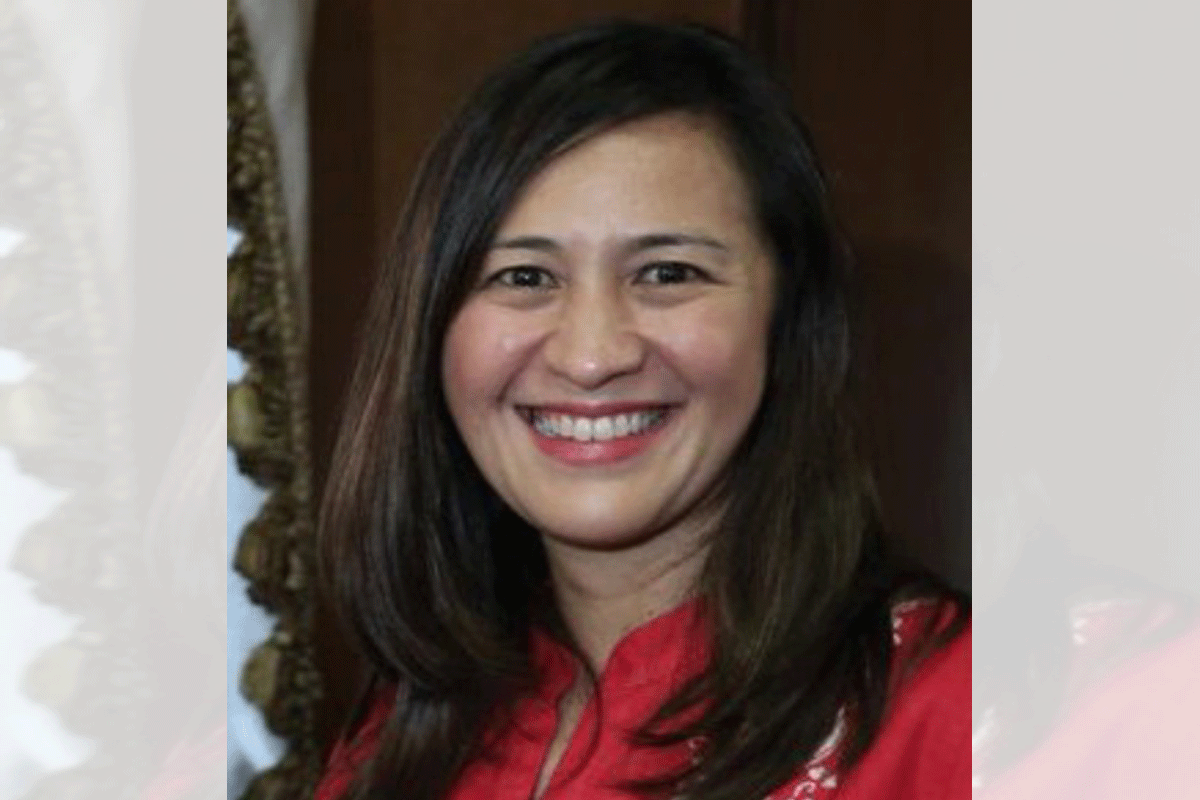
QC to implement participatory gov’t
THE Quezon City government will be implementing a participatory government wherein the different sectors will be consulted before the city will come up with policies and programs.
Mayor Joy Belmonte said that to implement this move, the city government has already finalized and completed the accreditation process of over 4,000 Civil Society Organizations (CSOs) that will become members of the People’s Council of Quezon City (PCQC), the highest number of recognized CSOs in the history of the city.
Based on the data of the Barangay and Community Relations Department (BCRD), from 2,232 accredited CSOs for the term 2019 to 2022, the figure ballooned to 4,055 CSOs for term 2022 to 2025 as confirmed by the city council led by Vice Mayor Gian Sotto.
“Ang pagkilala natin sa mahigit 4,000 CSOs ng QC ay bahagi ng pagsusulong natin ng isang participatory government na bukas sa ideya at suhestyon ng mga mamamayan lalo na sa pagbuo ng mga polisiya at programa para sa ikauunlad ng pamumuhay ng bawat residente,” Belmonte said.
“Sa mas pinaigting na pagtutulungan ng lokal na pamahalaan at iba-ibang sektor sa ating People’s Council, mapapabuti pa natin ang malinis, tapat, at masinop na pamamahala at pananalapi na nasimulan natin noong 2019,” the mayor added.
For this term, the People’s Council includes associations from different sectors of non-government organizations (NGOs) and people’s organizations (POs) from Business, Professional, Women, Home Owners Associations, Persons-with-Disabilities, Urban Poor, Solo Parents, LGBTQIA, Cooperatives, Charitable/Socio-Civic, Social Justice/Peace and Order, Health and Sanitation, Academe/Education, Youth, Labor/Workers, Transportation, Senior Citizens, Socio-Cultural, Environmental/Urban Protection/Solid Waste, Livelihood/Vendors, Religious, Muslim, and Urban farming.
On Sept. 9 and 10, the PCQC members convened and elected representatives from each sector that will participate and sit in the city’s local special bodies, task forces, and committees. They will take part in the committee’s deliberation, conceptualization, and evaluation of projects.
Belmonte disclosed that as active partners of the city in governance, they will conduct research and data banking for sectoral concerns that will be used in policy making and program development.
They will also assist the city in disseminating information about city initiatives.
Meanwhile, BCRD Head Ricardo Corpuz said that the city recognizes the organizations’ contributions in ensuring that each of the programs and projects efficiently addresses the needs of the residents.
“Mahalaga ang mga CSO lalo na bilang partner at force-multiplier natin para ipaabot ang mga serbisyo. Katuwang natin sila sa pag-iikot sa mga komunidad pati na rin sa pagbibigay ng tulong sa mga mamamayan,” he explained.
Each accredited organization underwent a rigorous evaluation process of the Accreditation Committee.
The committee is composed of City Council Chairman on Public Affairs, Information and People’s Participation Councilor Anton Reyes, City Secretary to the Sangguniang Panlungsod Atty. John Thomas Alferos, III, Atty. Rio Rose from the Office of the Vice Mayor, City Council Chairman of the Committee on Barangay Affairs and Community Relations Councilor Freddie Roxas and Barangay and Community Relations Department Head Ricardo Corpuz.
The PCQC, which serves as the umbrella arm of the CSOs, is being implemented in accordance with City Ordinance 1942-2009 or the Participation, Accountability, and Transparency (PAT) Ordinance that institutionalizes the system of partnership of the local government and its constituents.
It is also part of the realization of Mayor Belmonte’s 14-point agenda, specifically agenda number 14 which is to “Listen to our citizens and understand what they need.” It is guided by the City’s Comprehensive Development Plan and Local Investment Plan, as well as the Participation in local governance and development processes, reiterating and strengthening the provisions of RA 7160 or the Local Government Code of 1991 and its Implementing Rules and Regulations.





